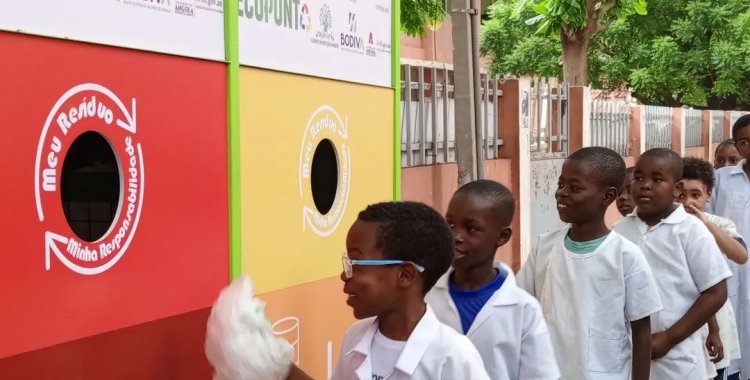The concerns were presented, this Wednesday, during the meeting "Café Ecológico Especial – COP28 e Resoluções Ambientais de 2023", promoted, in Luanda, by a group of environmental defense and development organizations in Angola.
The speakers looked at the reflections and resolutions of the 28th Conference of Nations on Climate Change (COP28), which took place recently in Dubai, and at Angola's environmental resolutions and challenges for 2023 and next year.
According to Nuno Cruz, environmental activist and founder of the Associação Nação Verde, which operates in Angola in the field of solid waste, poor management of basic sanitation in Angola is one of the country's challenges, pointing to the increase in malaria as one of the consequences.
"Our biggest cause of death in Angola is malaria, which is a consequence of poor management of basic sanitation," said the environmentalist, also pointing out the management of rainwater, wastewater and urban solid waste, as pressing issues.
"Our biggest challenge is precisely to improve our basic sanitation, because from the moment we have a problem (malaria) and this problem kills thousands of children, the problem is very serious", he highlighted.
He considered environmental education as the "main challenge", noting that we cannot talk about a healthy, unpolluted environment, sustainable cities and communities, climate adaptation, greenhouse gas mitigation" if we do not effectively invest in education.
Nuno Cruz, who was one of Angola's delegates to COP28, also highlighted, alluding to the recommendations of the world climate conference, that Angola has the challenge of abandoning fossil fuels and promoting, "as quickly as possible", the energy transition.
Mauro Ferreira, environmental engineer and president of the Associação Guardiões da Costa Mwangolé, an environmental protection association for Angola's coastal and marine ecosystems, was also one of the speakers at this meeting.
He pointed to environmental education as Angola's "great challenge" and defended the need to take knowledge, especially to the country's most remote locations, having, at the same time, lamented the lack of sanitation in large cities.
"Right here, within cities, we see areas or situations of poverty, lack of sanitation, and this is very much part of education, access to knowledge, so, for me, education is the basis, not just formal school education", he noted.
And the technical coordinator of the EcoAngola Association, Diana Lima, one of the speakers on the panel on environmental resolutions, also listed environmental education and sanitation as the country's macro challenges.
For the biologist, another challenge is monitoring the country's environmental legislation.
"Because everything is beautiful on paper, but (we don't know) what is actually being done. How we, as members of civil society, can have access to information and what we can do after that is what's missing", mentioned.
Expanding awareness for the development of strategies for the integrated resolution of the challenges that climate change presents to Angola was one of the purposes of this "Café Ecológico Especial", which took place in the auditorium of the Lusíada University of Angola, in the center of Luanda.







